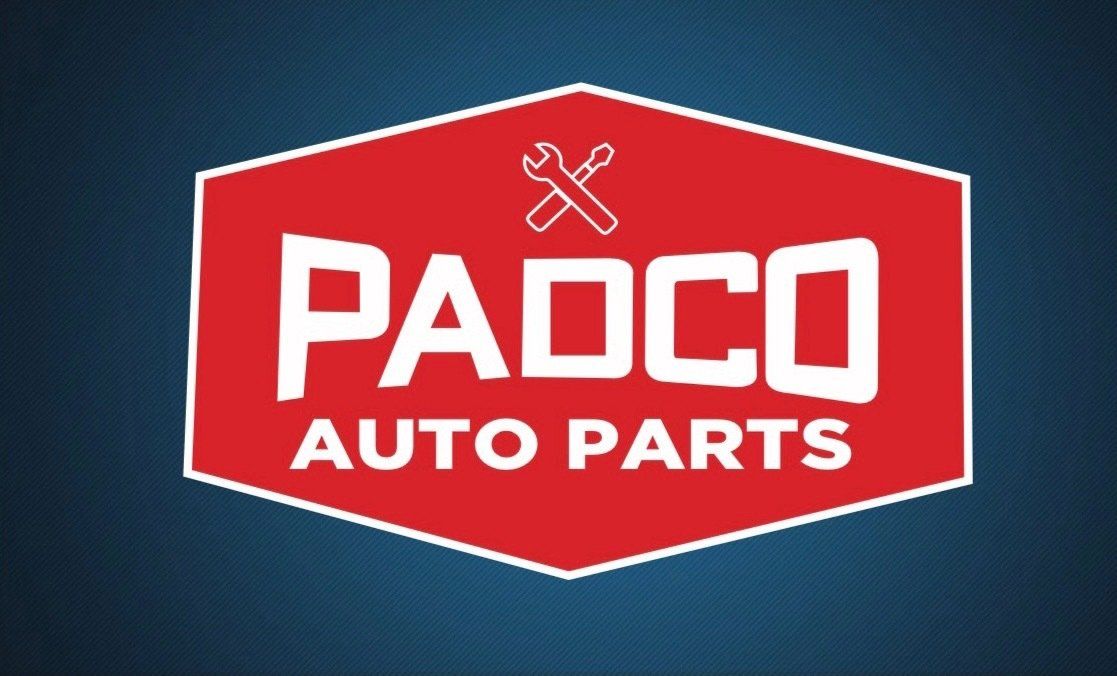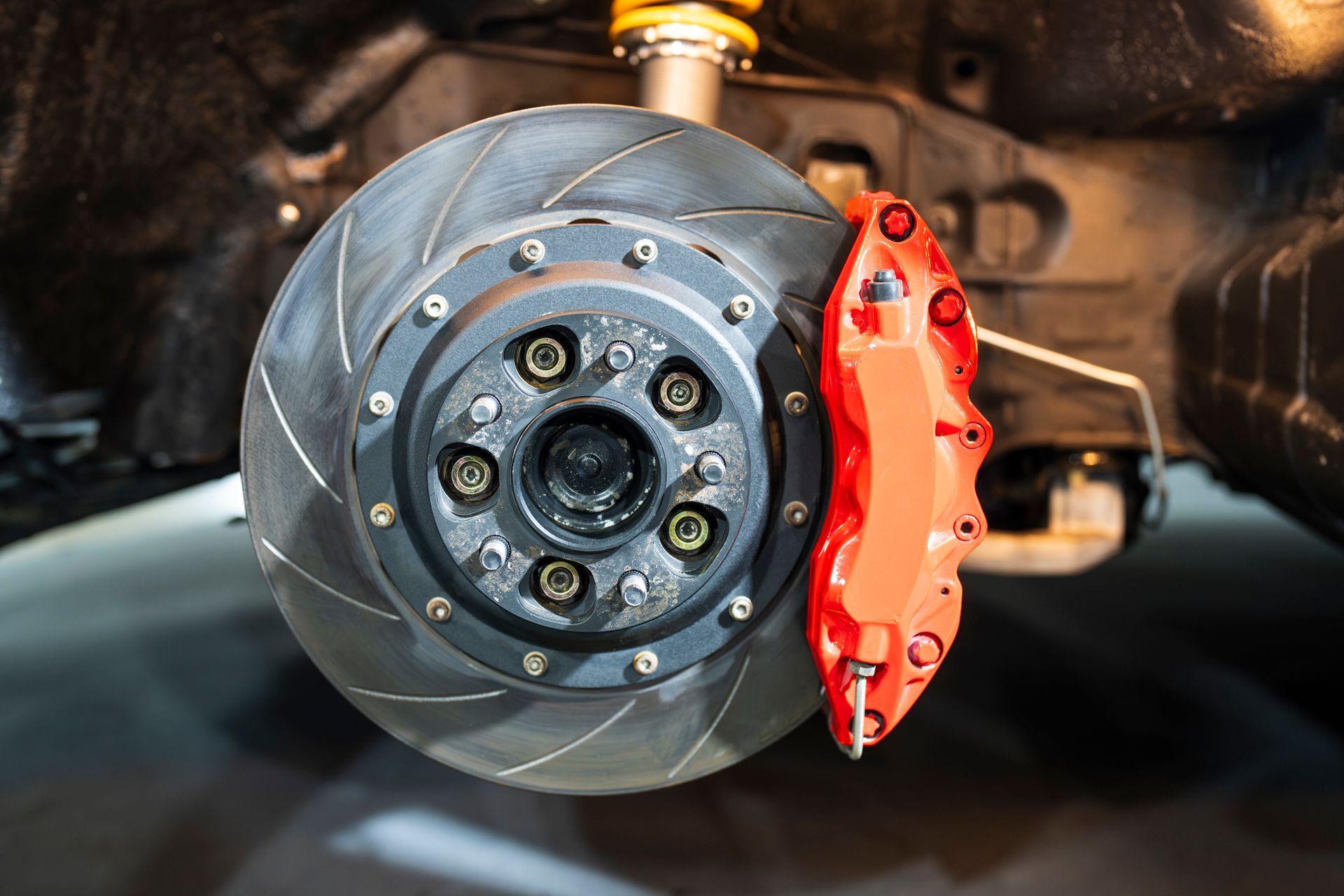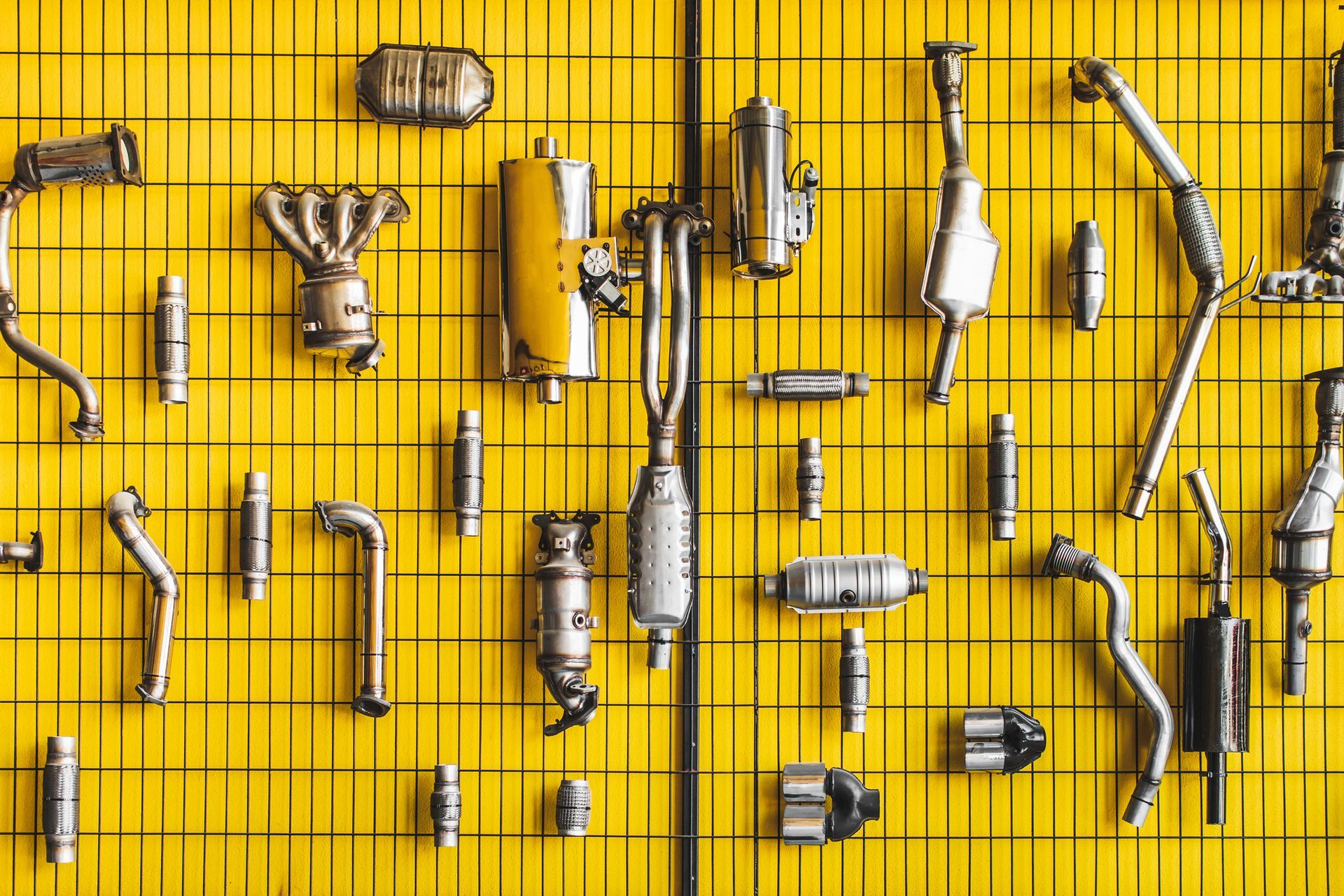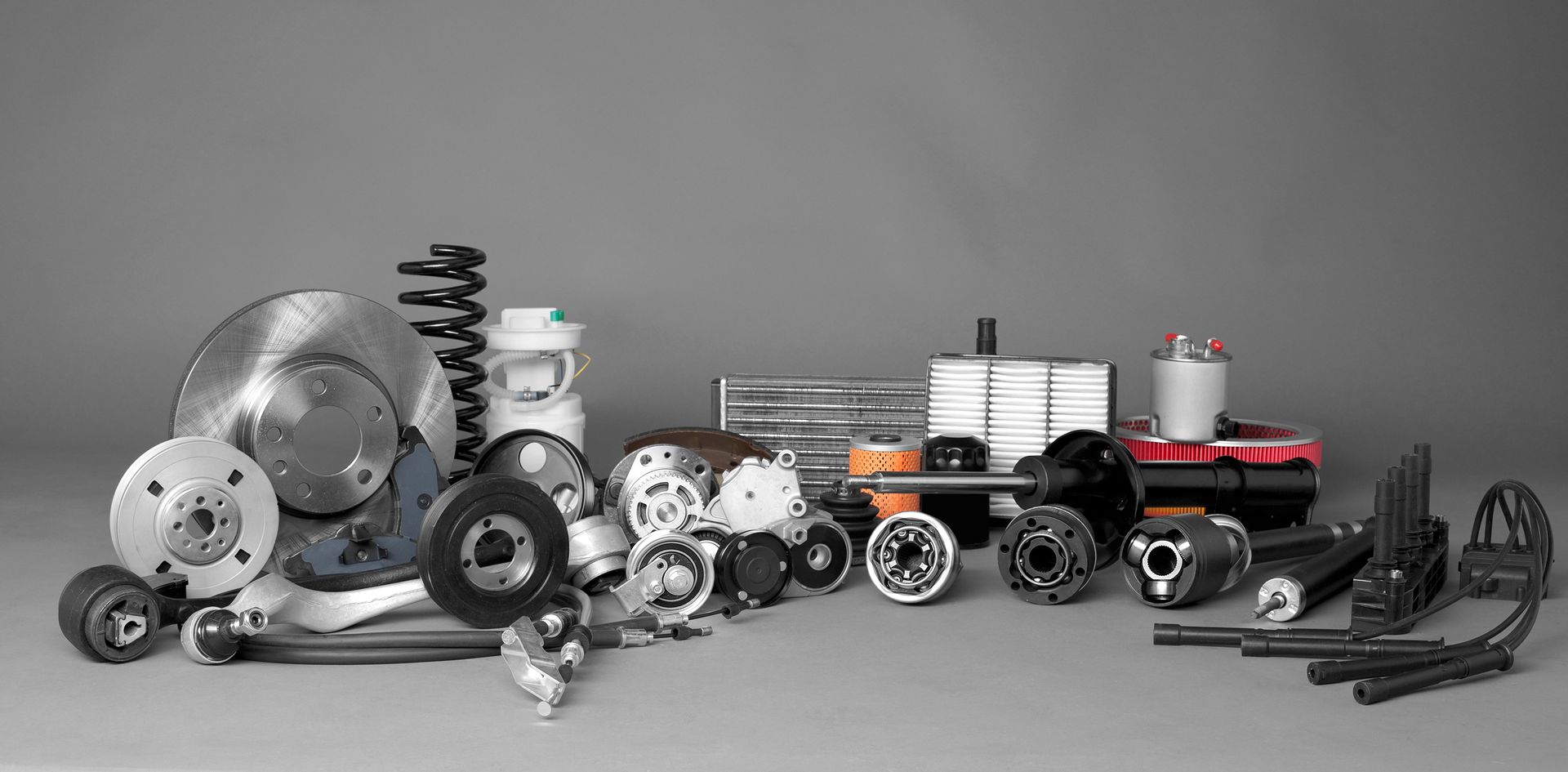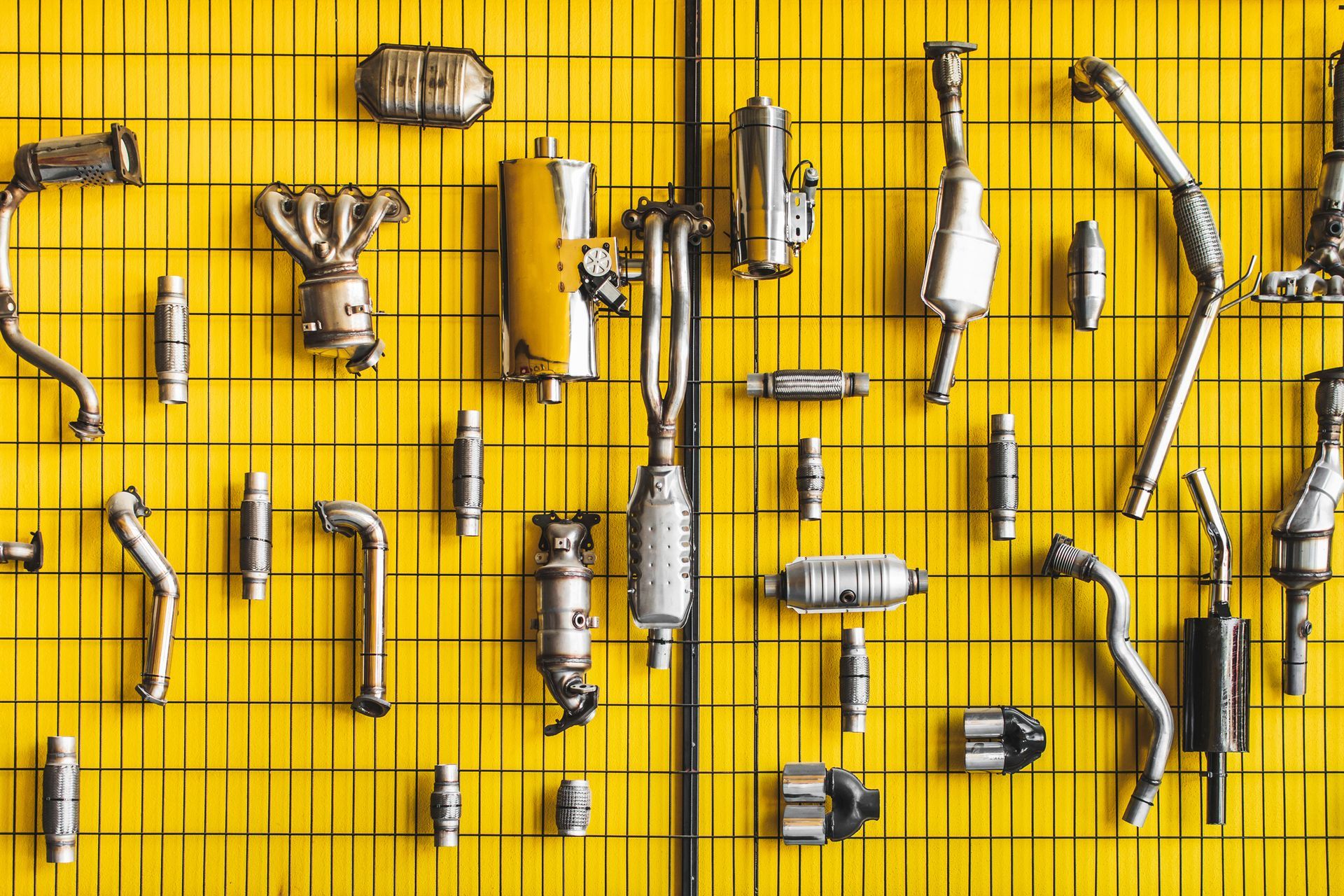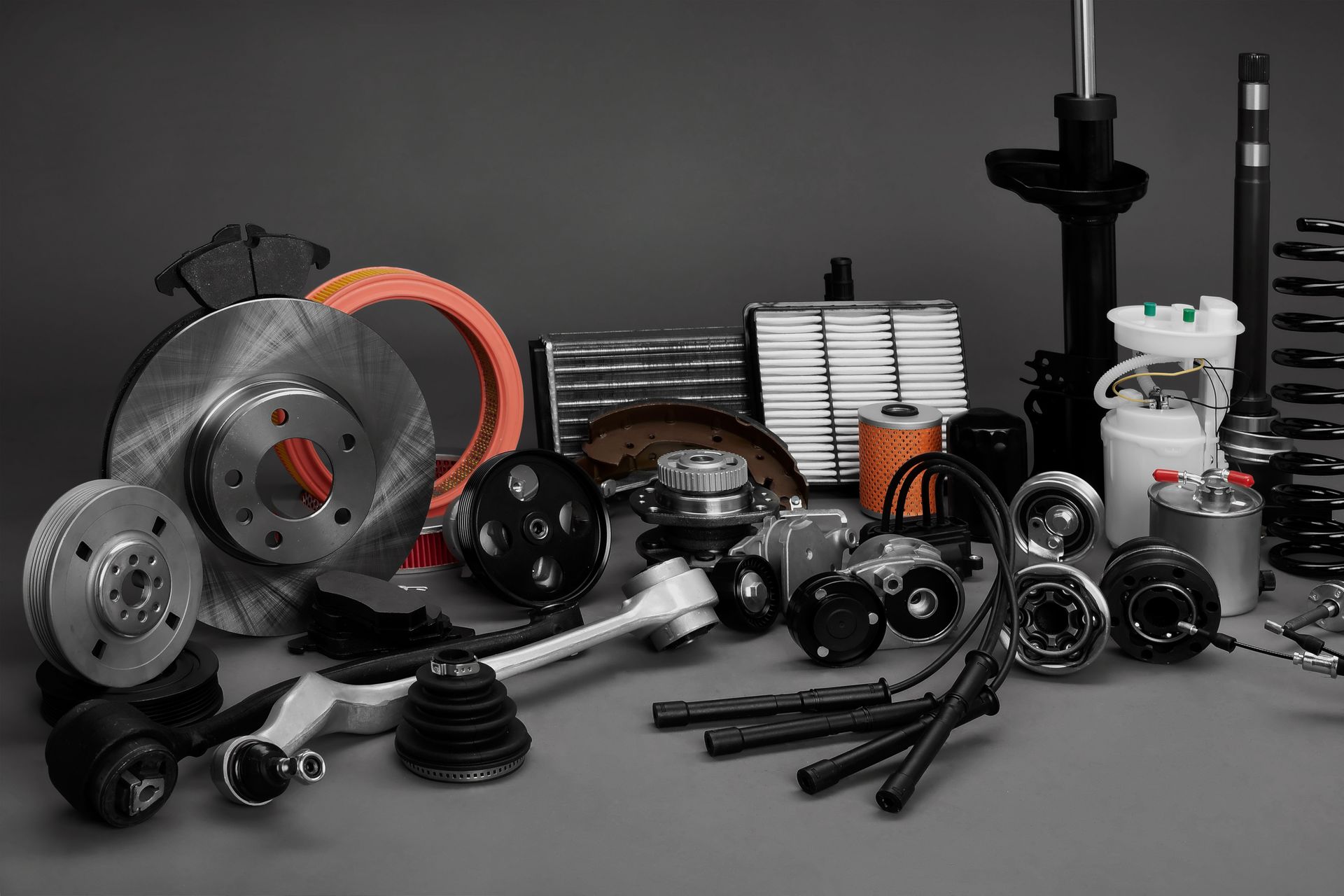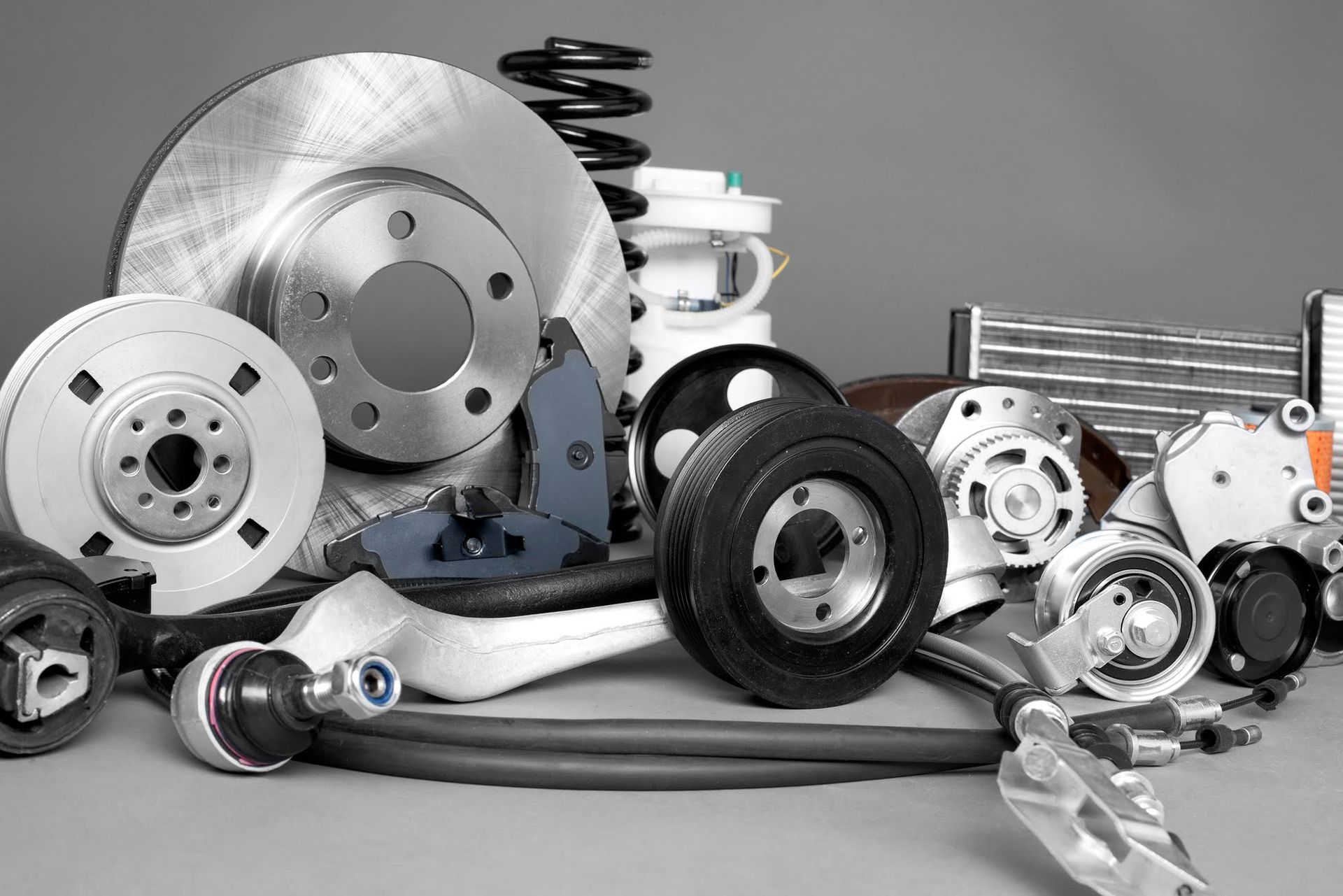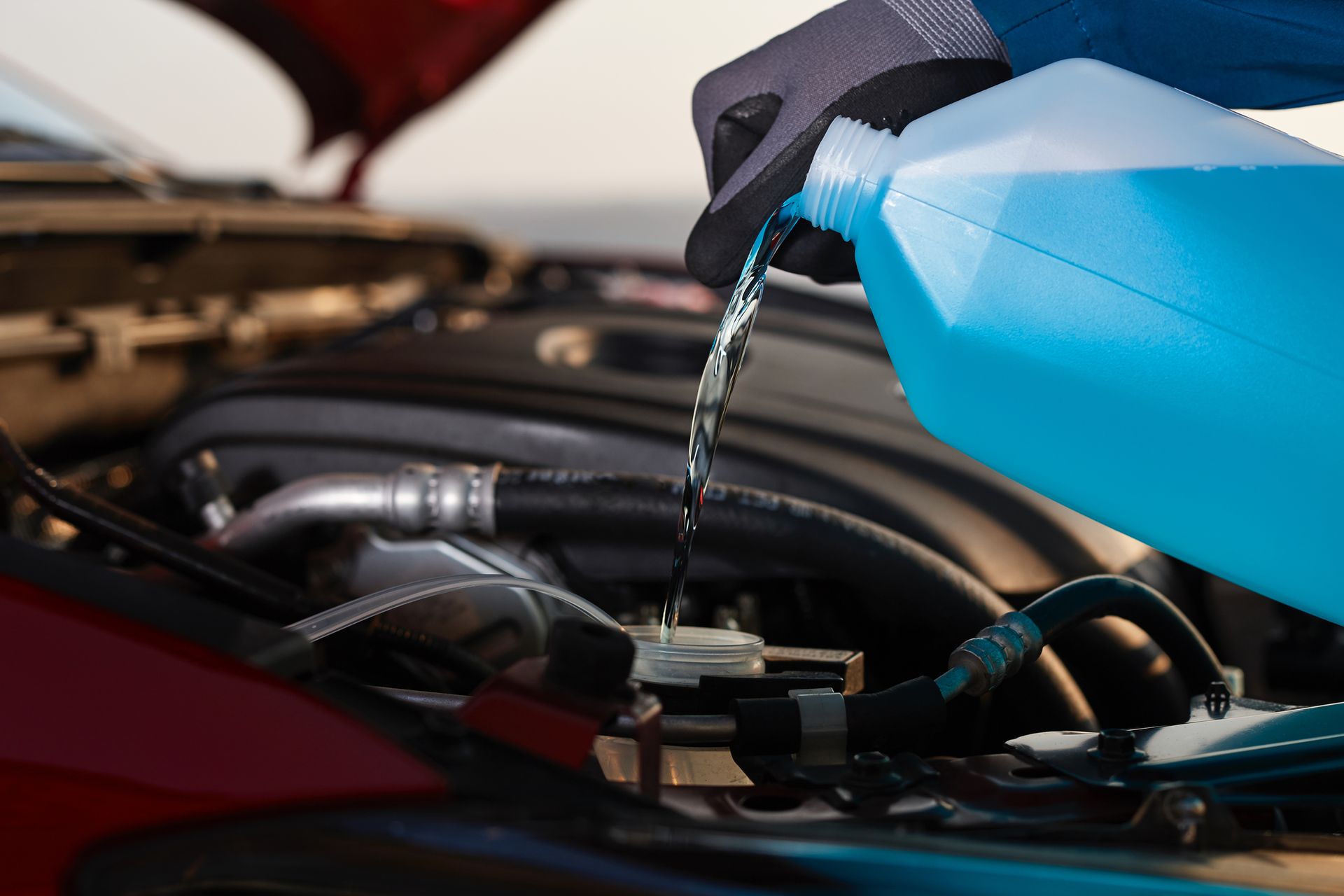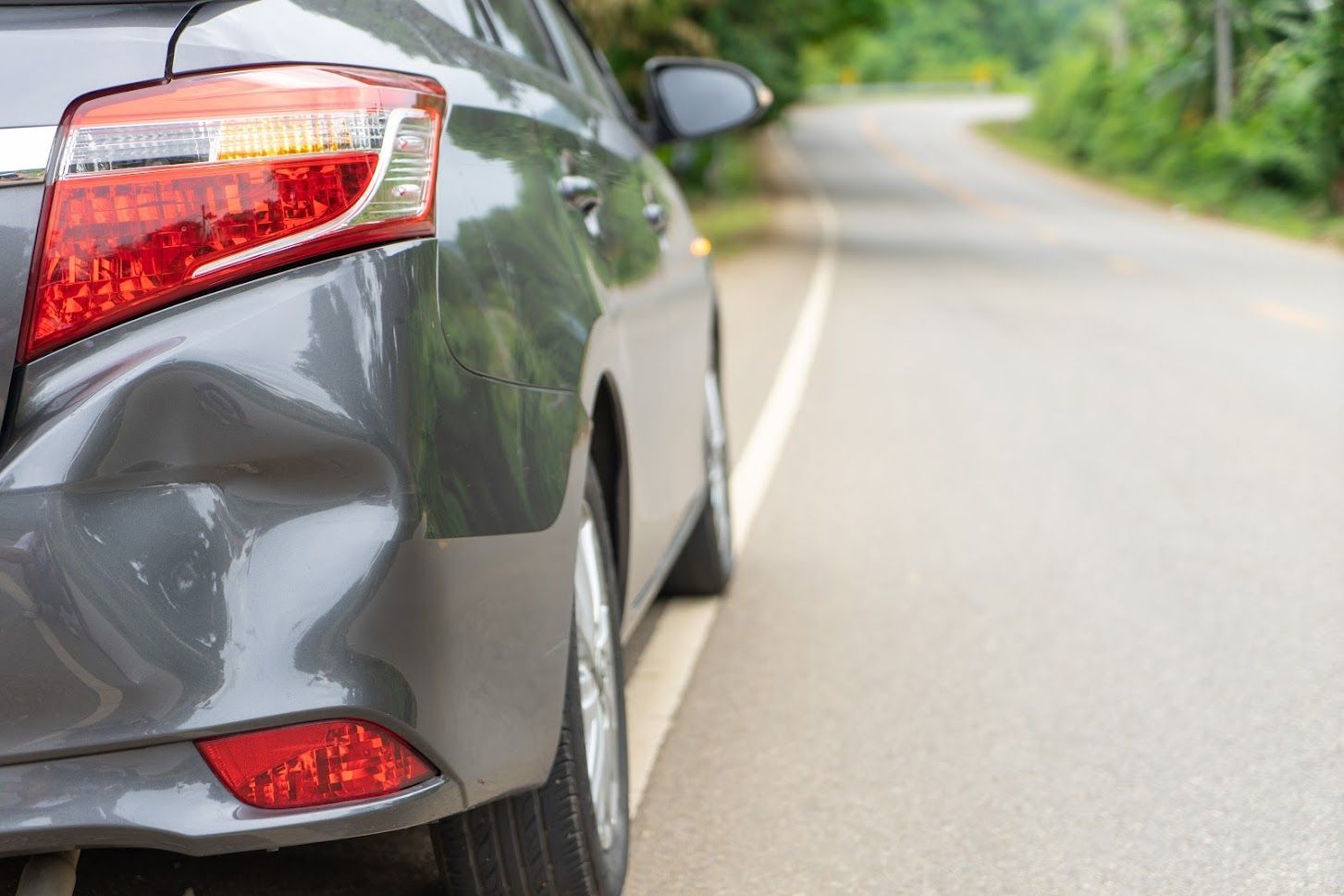Auto Parts That Require Regular Replacement
The average lifespan of a car is between 200,000 to 400,000 miles, depending on its make. Good cars often have longer lifespans, but any car can exceed its lifespan with proper maintenance.
Most car owners wash their cars regularly, change their oil when required, and take care of their car between visits to the mechanic. But, few remember to include spare part replacement as part of their car maintenance routines.
Vehicle manuals specify how often to replace various car parts, and some require more regular replacements than others. This article highlights the auto parts that require regular replacement.
Filters
A car has several filters, and you usually need to replace all these more often. If you haven't replaced filters in your car for a while, check on the following.
Air Filters
Your engine's air filters keep dirt from accumulating in the engine. But, over time, they clog with dirt and stop working effectively. Failure to replace your air filters on time minimizes airflow to your engine and compromises your vehicle's fuel efficiency.
Vehicle manufacturers recommend changing air filters every 30,000 to 45,000 miles. However, if you use your car frequently and often drive on dusty roads, you should change your filters more often.
Oil Filter
Many vehicle manufacturers recommend changing your car's oil filters every time you get an oil change. The frequency of oil changes depends on your vehicle's lubrication system and the quality of engine oil you use.
Cabin Filters
Cabin filters keep dust and pollen from entering the cabin every time you turn on your car's AC. You need to change your cabin filters if your car smells bad and your AC has reduced airflow. Consider getting new cabin filters annually.
Brake Pads
Brake pads wear a little every time you step on the brakes. Thus, they need replacing more often than other car parts.
During braking, the resulting friction causes the brakes to wear. Eventually, you start hearing a screeching sound every time you brake, which is a cue to replace your brake pads.
Alternator
The alternator is the car's charging system. The system keeps your battery charged and sends electrical power to your car's system. Your car cannot run efficiently with a faulty alternator, and you may find a warning light on the dashboard.
You may need to replace your alternator every five to six years. Still, do not rush to replace your alternator if your vehicle does not have electrical problems. Also, because electrical problems may result from poor connections, test your alternator before replacing it.
Battery
As your vehicle battery ages, its performance starts deteriorating, and it will more likely fail. Failure to replace an old or faulty battery may ground your car due to an unexpected battery failure. You need a new battery if you have to jump-start your car to get it to run.
Replace your car battery every three to five years. However, your car battery deteriorates faster if you live in a hot area. So, you might need a replacement sooner.
Timing Belt
The timing belt secures the pistons at the bottom of your car engine, keeping them in sync with the top parts. Over time, the timing belt may become loose. You may have a loose timing belt if you hear a squealing sound when you turn on the engine.
A loose timing belt causes significant engine damage. Thus, replace your timing belt at the time your manufacturer's manual indicates or earlier if the belt is loose.
Replacing your car parts at the time manufacturers recommend extends your car's lifespan and ensures it functions efficiently. You can count on Padco Auto Parts to supply you with high-quality auto parts. Contact us today if you need replacement parts for your vehicle in Northridge, CA.
